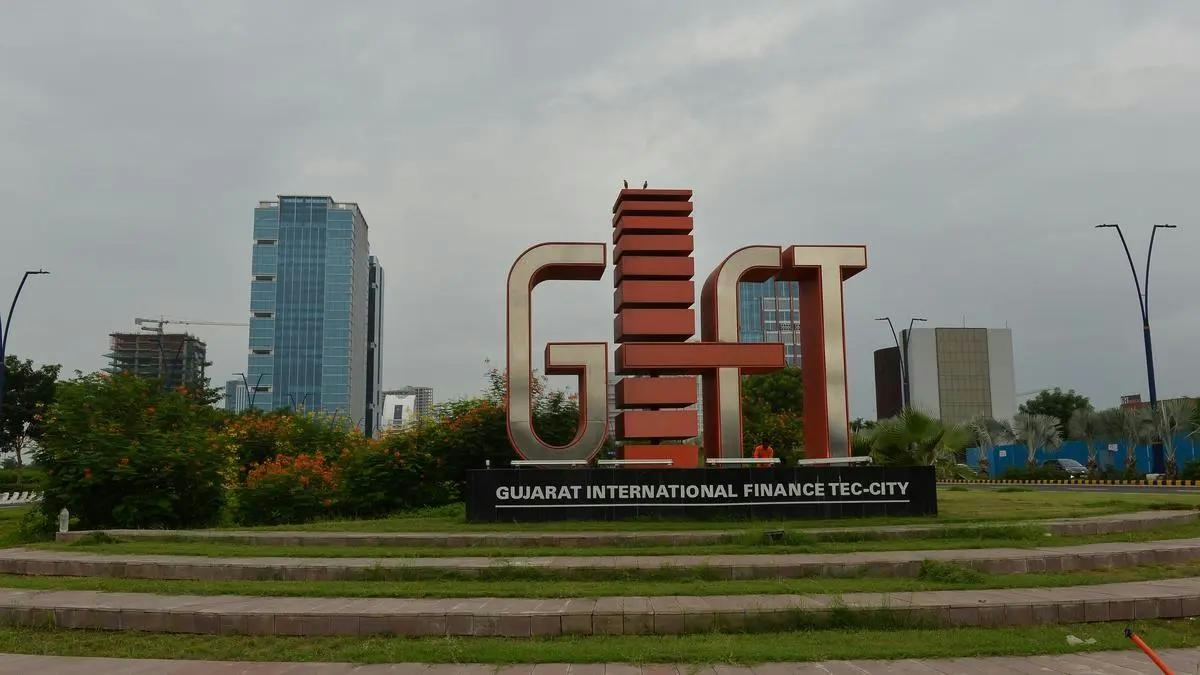AeroGenie — Il tuo copilota intelligente.
Tendenze
Categories
The Role of GIFT IFSC in Aviation Leasing and Financing

The Role of GIFT IFSC in Aviation Leasing and Financing
Aviation leasing and financing have become indispensable strategies for airlines worldwide, particularly given the substantial cost of commercial aircraft, which can range from Rs. 432 crore (US$ 50 million) to Rs. 864 crore (US$ 100 million) per unit. Instead of committing large sums to outright purchases, airlines increasingly turn to leasing arrangements to manage expenses, preserve liquidity, and maintain operational agility. Complementing these leasing models, financing solutions provided by banks and investors enable airlines to secure the necessary capital to remain competitive in a dynamic market.
The Importance of Aircraft Leasing
Aircraft represent some of the most capital-intensive assets within the transportation industry. Leasing offers airlines several critical advantages. By spreading the financial burden over multiple years, leasing arrangements alleviate immediate cash flow pressures. This approach allows airlines to preserve capital, which can then be redirected toward expanding route networks, improving customer service, or investing in technological advancements. Furthermore, leasing provides fleet flexibility, enabling airlines to adjust the size and composition of their fleets in response to fluctuating market demands without the long-term commitments associated with ownership.
Leasing Models in Practice
Two primary leasing models dominate the aviation sector. The financial lease involves the lessor purchasing the aircraft and leasing it to the airline, often with an option for the airline to acquire the aircraft at the end of the lease term. In this arrangement, the airline typically assumes maintenance and operational responsibilities, making it comparable to a long-term loan. Conversely, the operational lease sees the lessor retain ownership and associated risks, while the airline uses the aircraft for a predetermined period. This model suits airlines seeking short-term flexibility without the obligations and risks of ownership.
GIFT IFSC’s Emerging Role in Aviation Finance
The Gujarat International Finance Tec-City International Financial Services Centre (GIFT IFSC), situated in Gujarat, India, is emerging as a significant hub for aviation leasing and financing. By offering tax incentives, streamlined regulatory frameworks, and access to international capital markets, GIFT IFSC aims to reduce India’s dependence on foreign lessors and bolster the country’s expanding aviation sector. This initiative aligns with India’s broader ambitions to become a key player in global aviation finance.
Despite its potential, GIFT IFSC faces challenges, particularly regulatory scrutiny related to privacy and compliance rules, which could complicate aircraft transactions and impede growth. Nevertheless, the market is demonstrating renewed vitality. For example, JetLoan Capital reported $110 million in business aviation financing during the second and early third quarters of 2025, underscoring robust demand within the sector.
Regional and Competitive Landscape
The global aviation leasing market remains intensely competitive, with major players adapting to evolving opportunities. Bombardier is focusing on growth prospects in South America, while AerCap has entered into a maintenance agreement with a UK-based maintenance, repair, and overhaul (MRO) provider to enhance its service capabilities. Simultaneously, Vietnam’s business aviation sector is gaining traction, attracting lessors and financiers eager to explore new markets and expand their portfolios.
Outlook for GIFT IFSC and India’s Aviation Sector
As India’s aviation industry continues its rapid expansion, GIFT IFSC is well-positioned to modernize leasing and financing practices within the country. While regulatory and competitive challenges persist, the centre’s strategic advantages—including favorable tax policies and access to global capital—could enable India to establish itself as a prominent hub in the international aviation finance ecosystem.

Factors Positioning Airbus for Leadership in 2026

Emirates Unveils Cabin Design for New Boeing 777X

Eighteen Years On, the Airbus A380 Remains Central to a $34 Billion Airline

How a boom in luxury airline seats is slowing down jet deliveries

Navitaire Outage Attributed to Planned Maintenance

Airbus Plans Record Delivery of 870 Aircraft in 2026

DigiYatra Debuts Outside Aviation at India AI Impact Summit

Vietnam Orders Strengthen Boeing’s Commercial Outlook

Airbus Signals Uncertainty Over Future A400M Orders

JobsOhio Awards $2 Million Grant to Hartzell Propeller for Innovation Center
